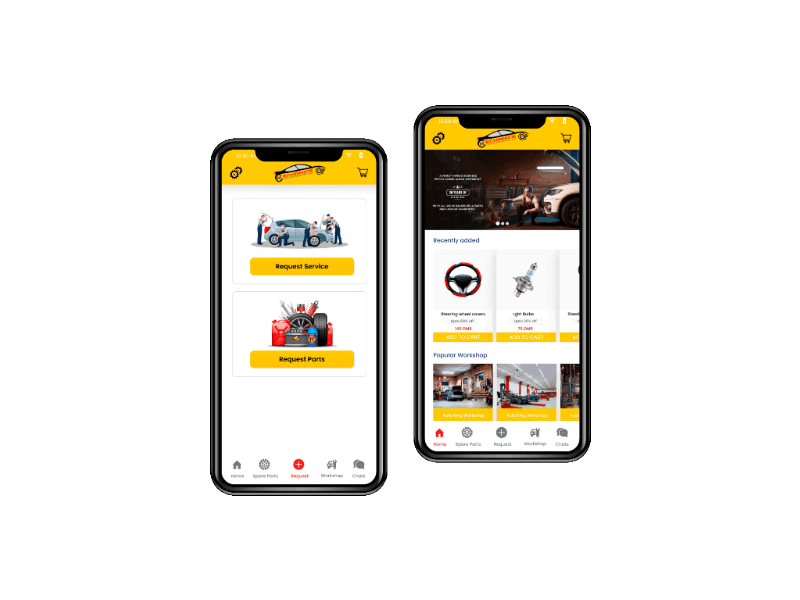
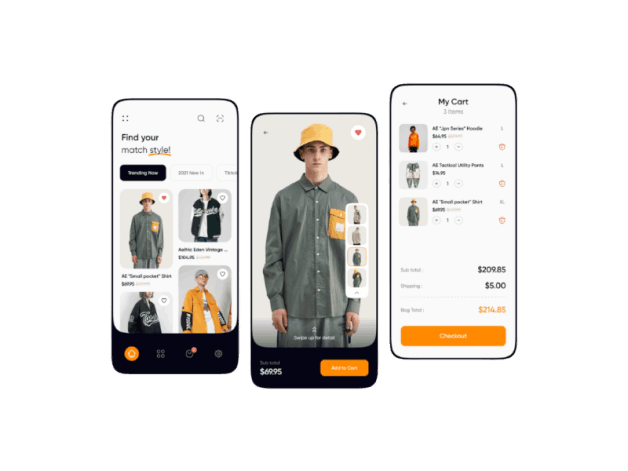
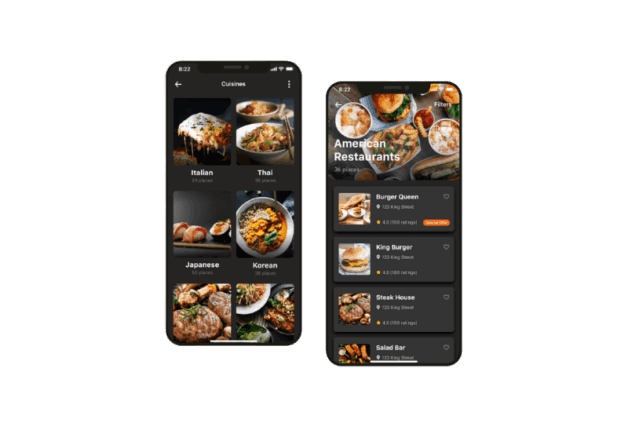
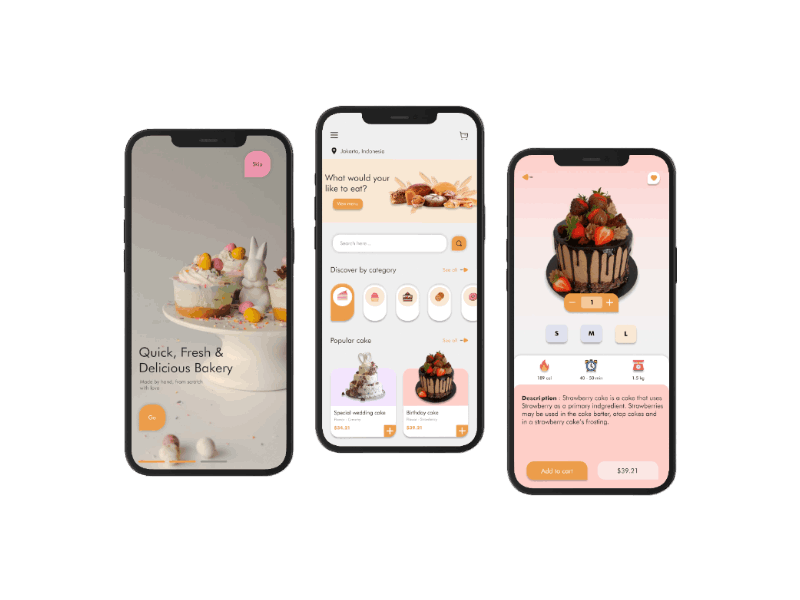
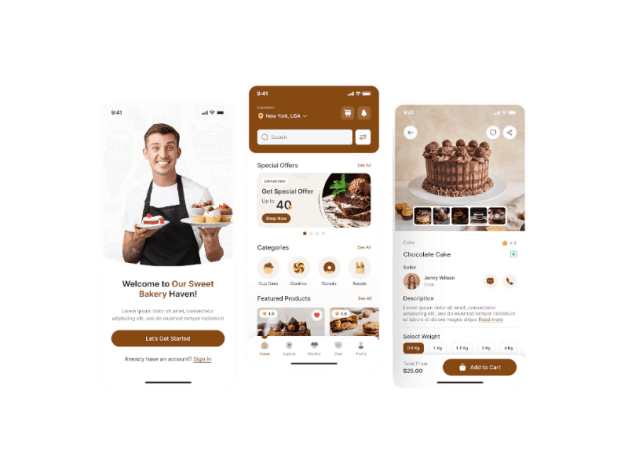
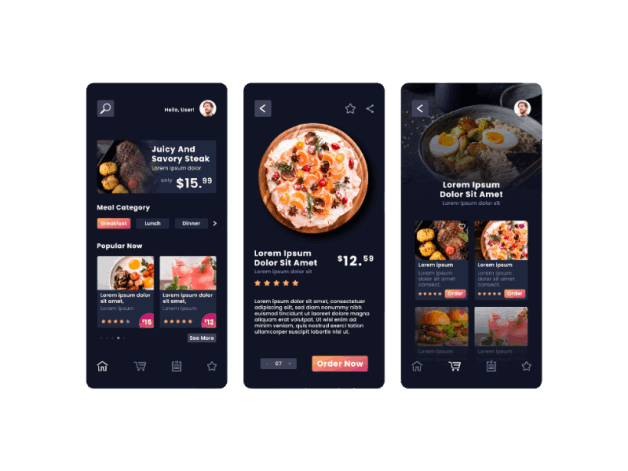
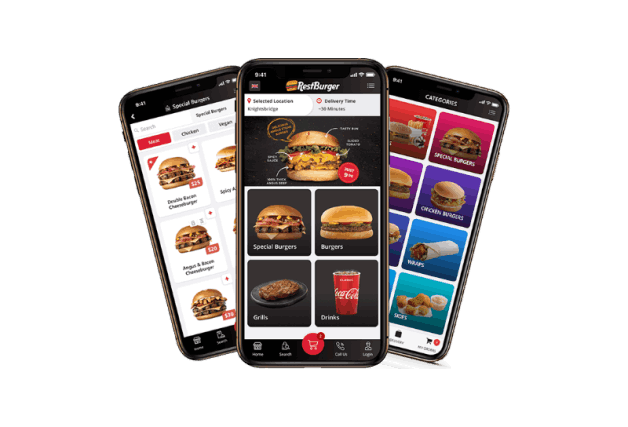
• Is a type of software application designed to perform specific functions on a mobile device, computer or digital platform. Apps provide users with a convenient way to access information, services and entertainment, while they can also enhance productivity and streamline communication.
To access apps, you need to download and install them on your mobile device via app stores, which typically cater to specific operating systems (OS). For example, the Apple App Store is dedicated to iOS while the Google Play Store is dedicated to Android. The majority of apps are free, but many employ app monetization strategies like in-app purchases and advertising.
These allow app owners to get return on their investment without putting users off with high entry costs.
• They open up new revenue streams; for example, you could pursue a freemium model or monetize your app data
• They’re versatile, supporting different business needs, including everything from daily project tracking to enterprise-wide order management
•They help you automate processes and scale up, including returns, order management and inventory management
•They allow you to own the customer relationship, by comparison to marketplaces, which build loyalty to their store rather than your brand
•They give you a better chance of converting customers as customers prefer to buy on apps by comparison to other channels
•They allow you to deliver optimal user experiences, keeping your customers coming back for more
• Health and wellness apps
• Educational apps
• Entertainment apps
• Lifestyle apps
• Travel and adventure apps
• Productivity apps
• Social networking apps
• Food and cooking apps
• Gaming apps
• Shopping apps
• Business and finance apps
• Environment and sustainability Apps
• Creative and artistic apps
• Utility and tools apps
• Personal development apps
Mobile Apps